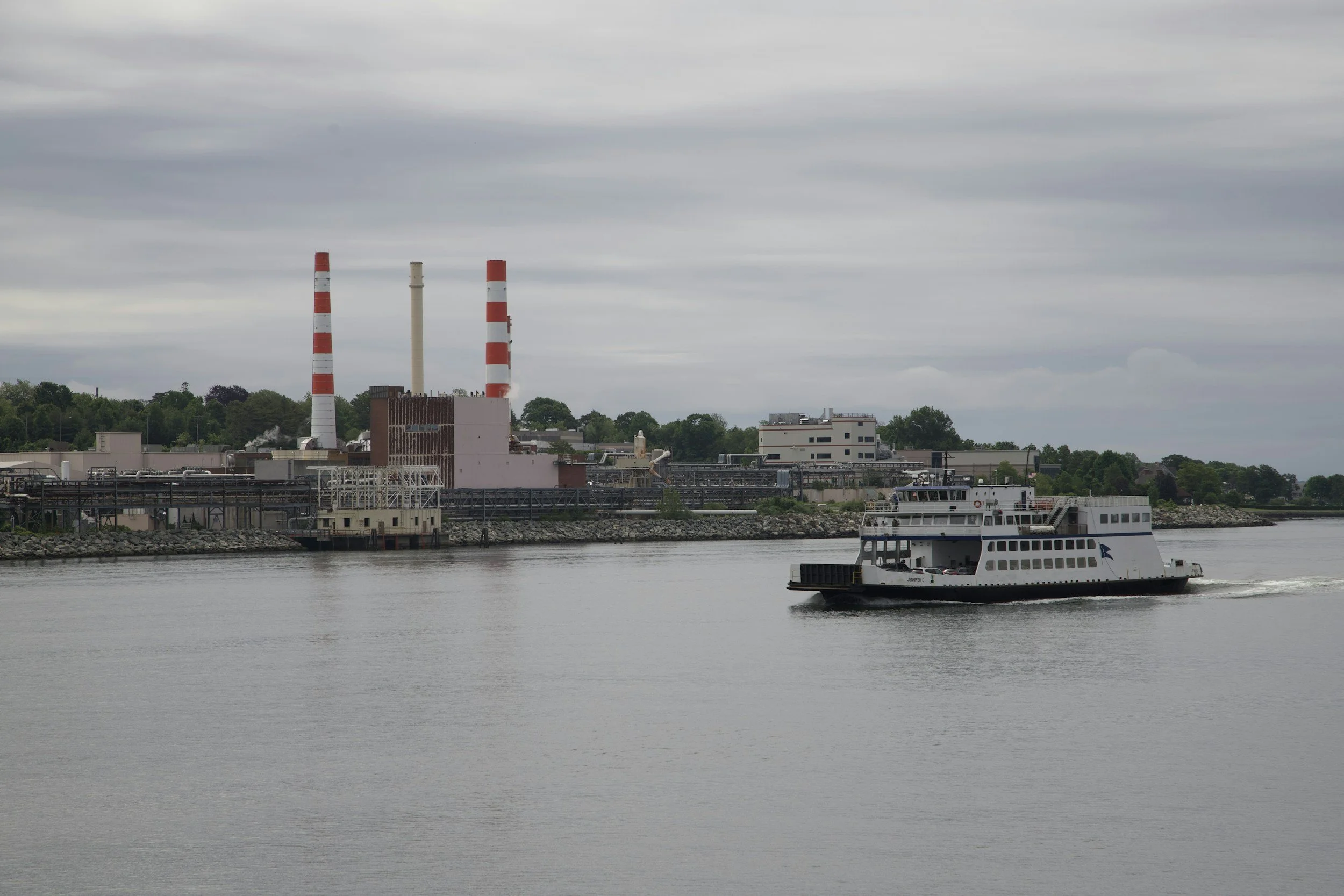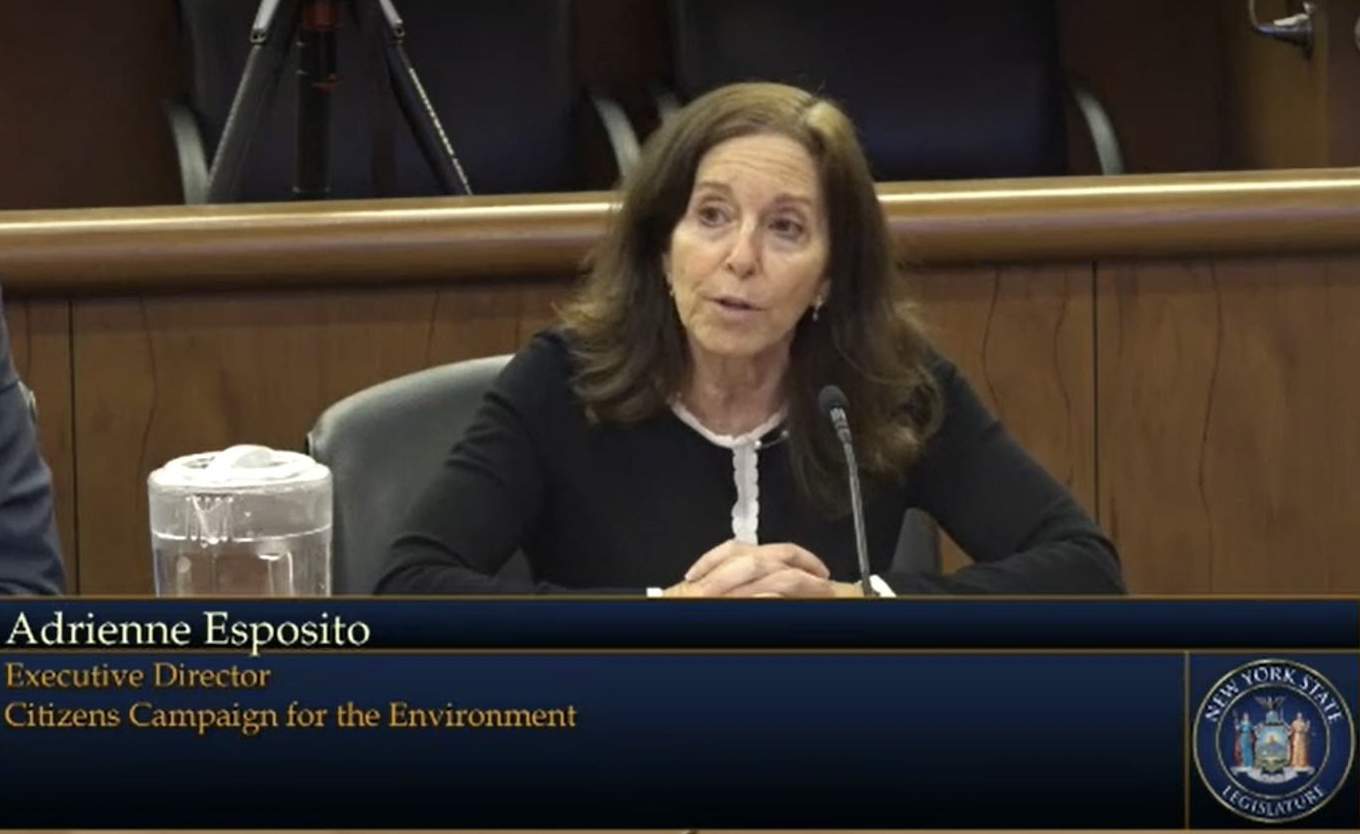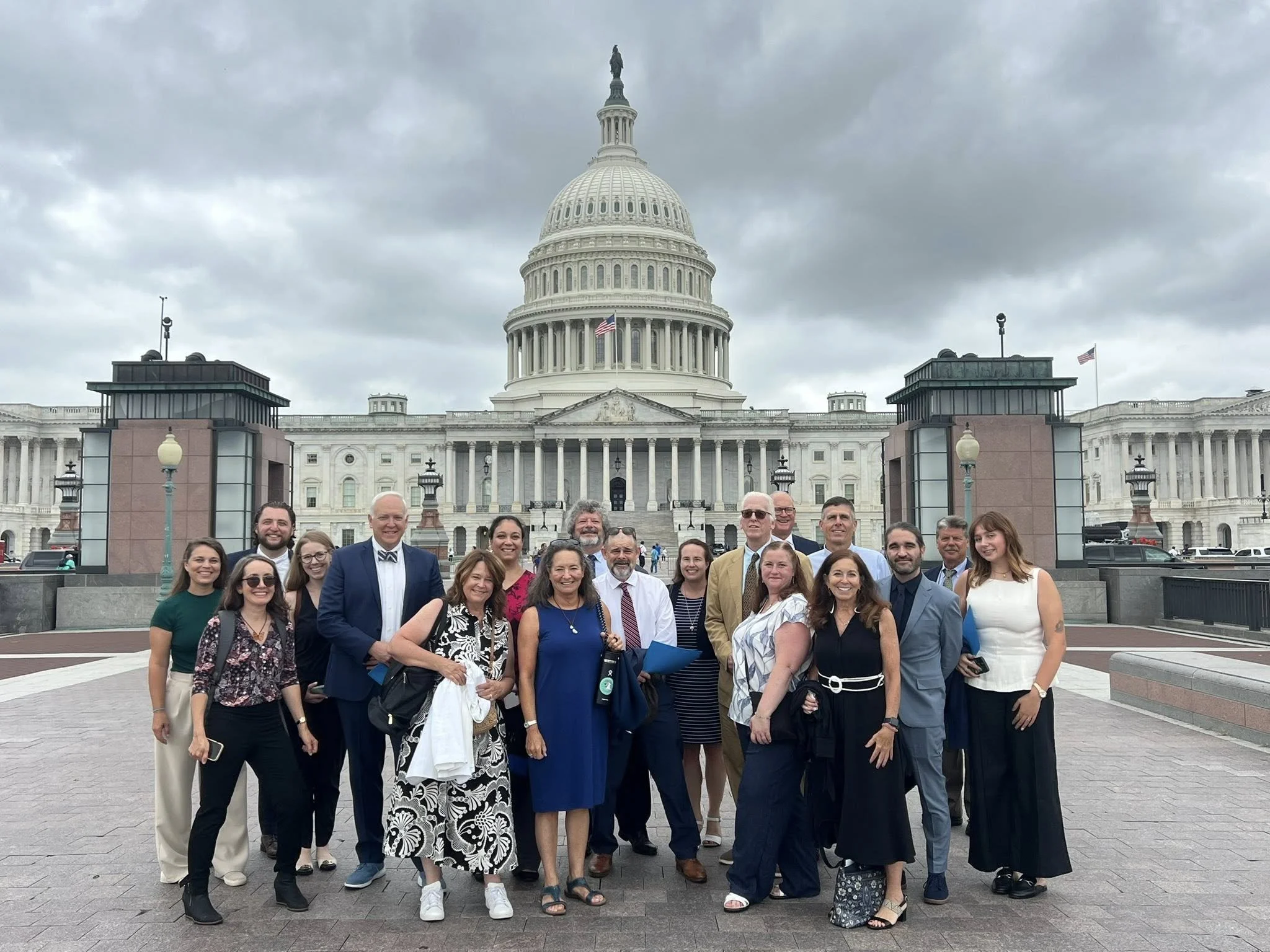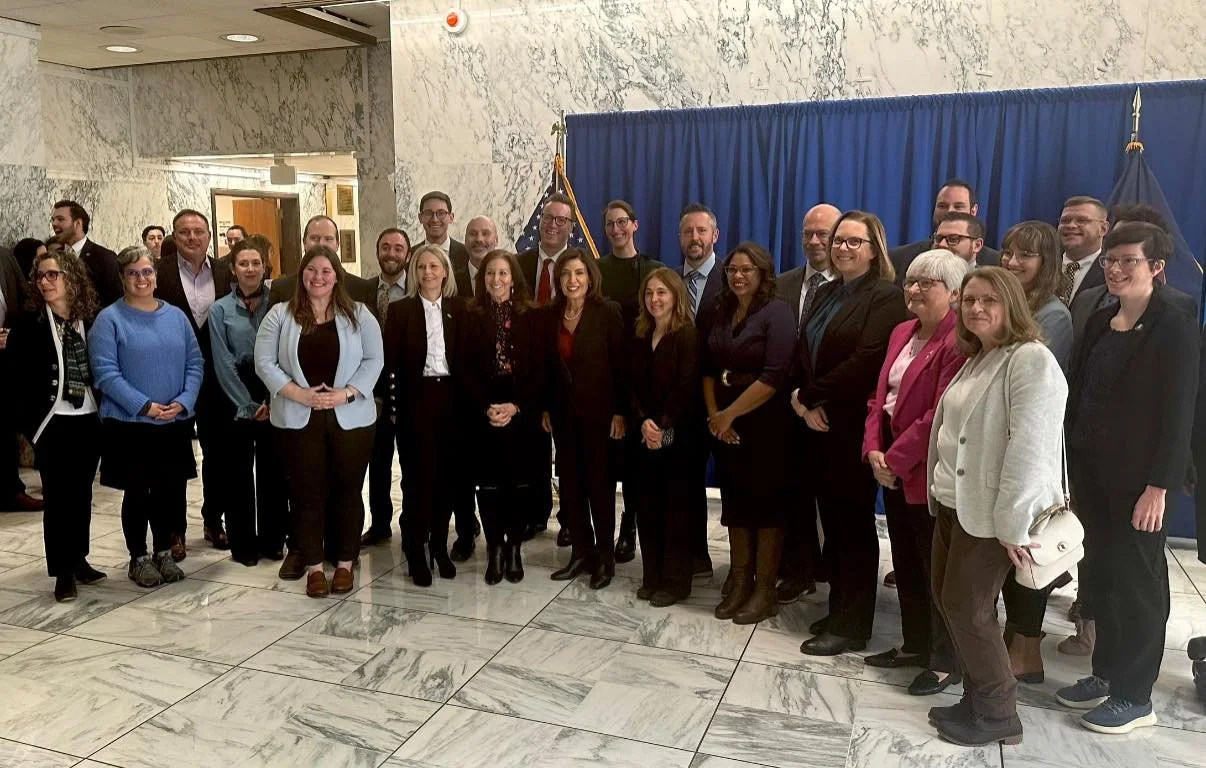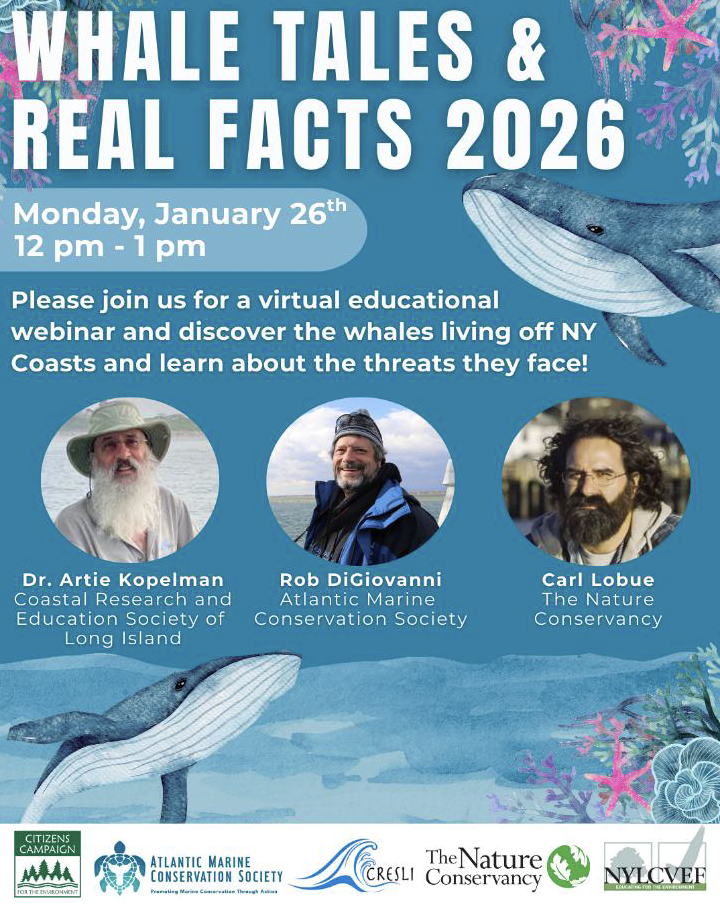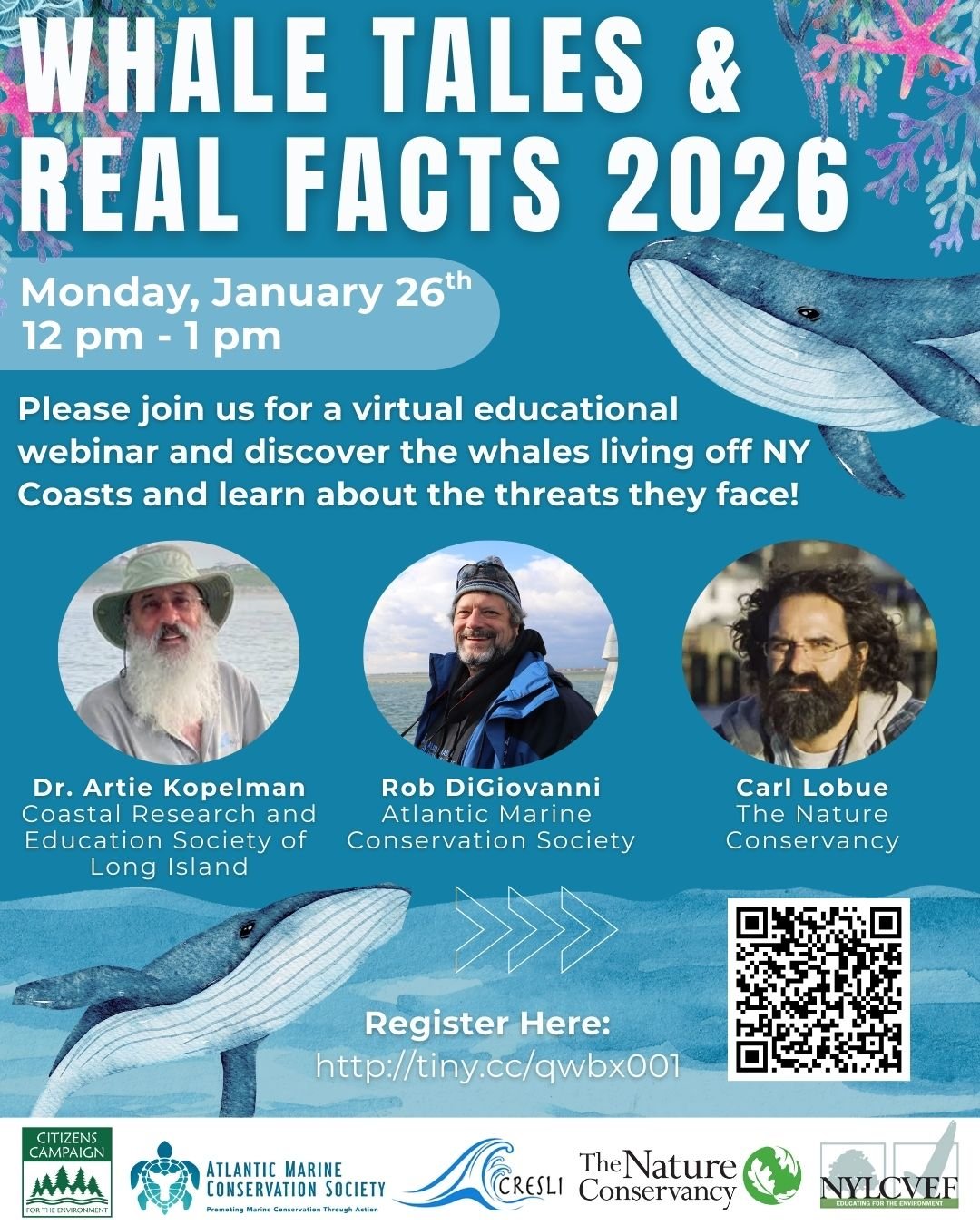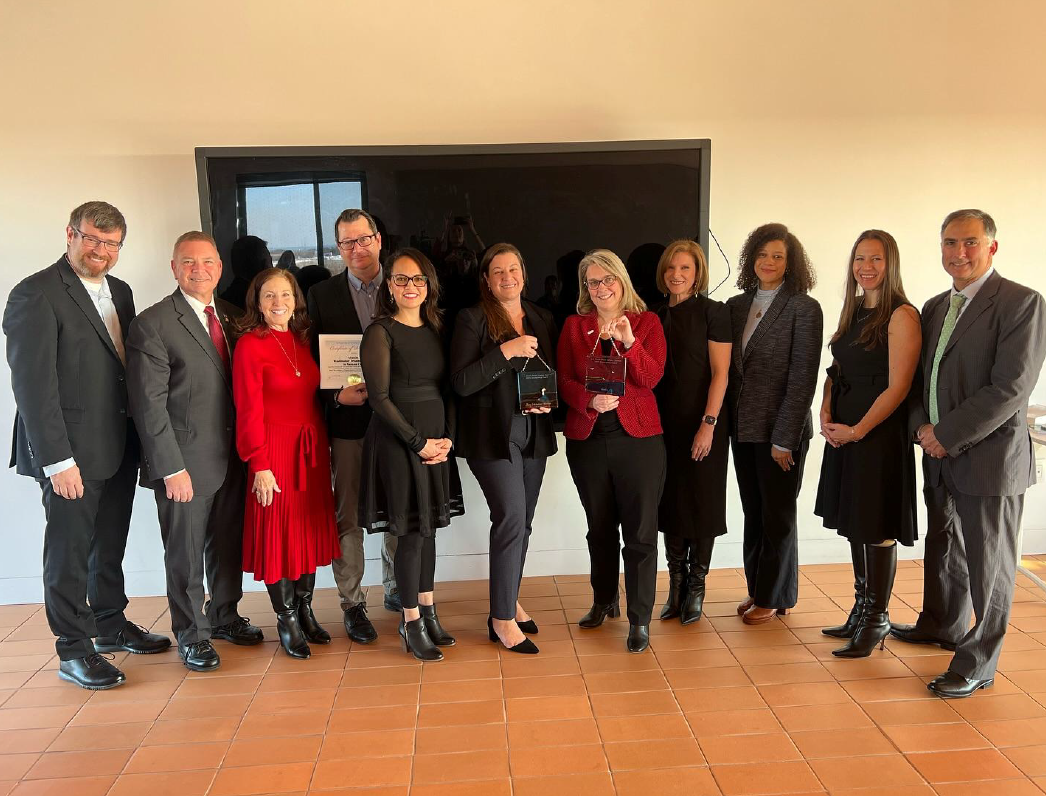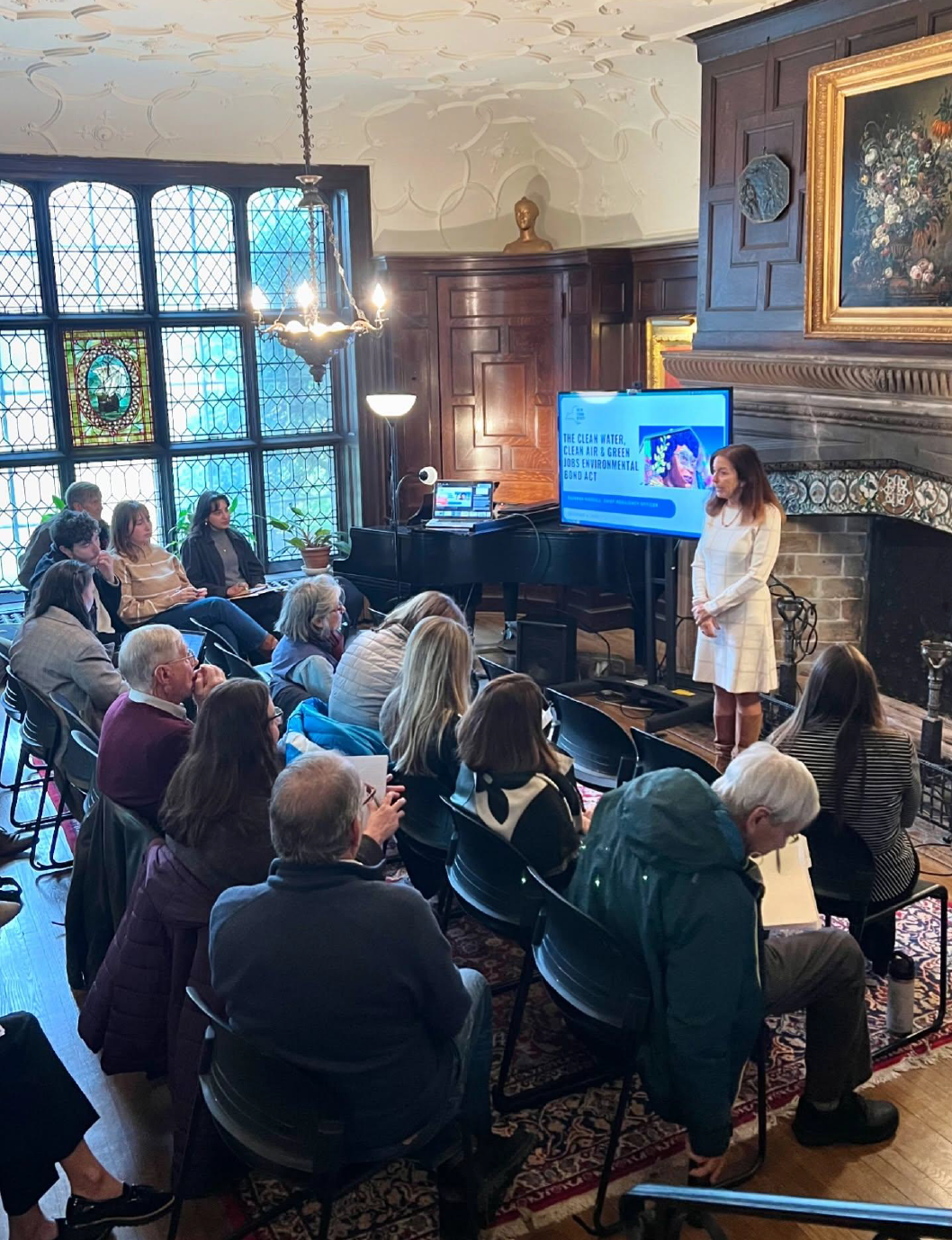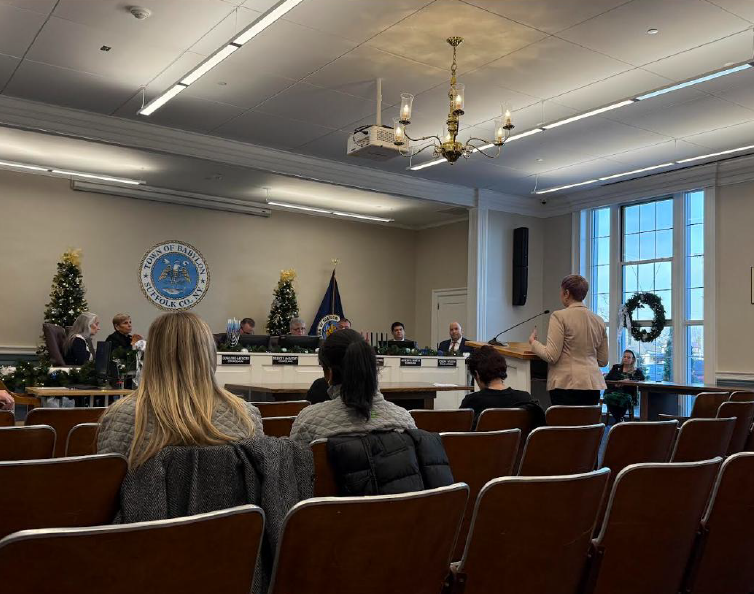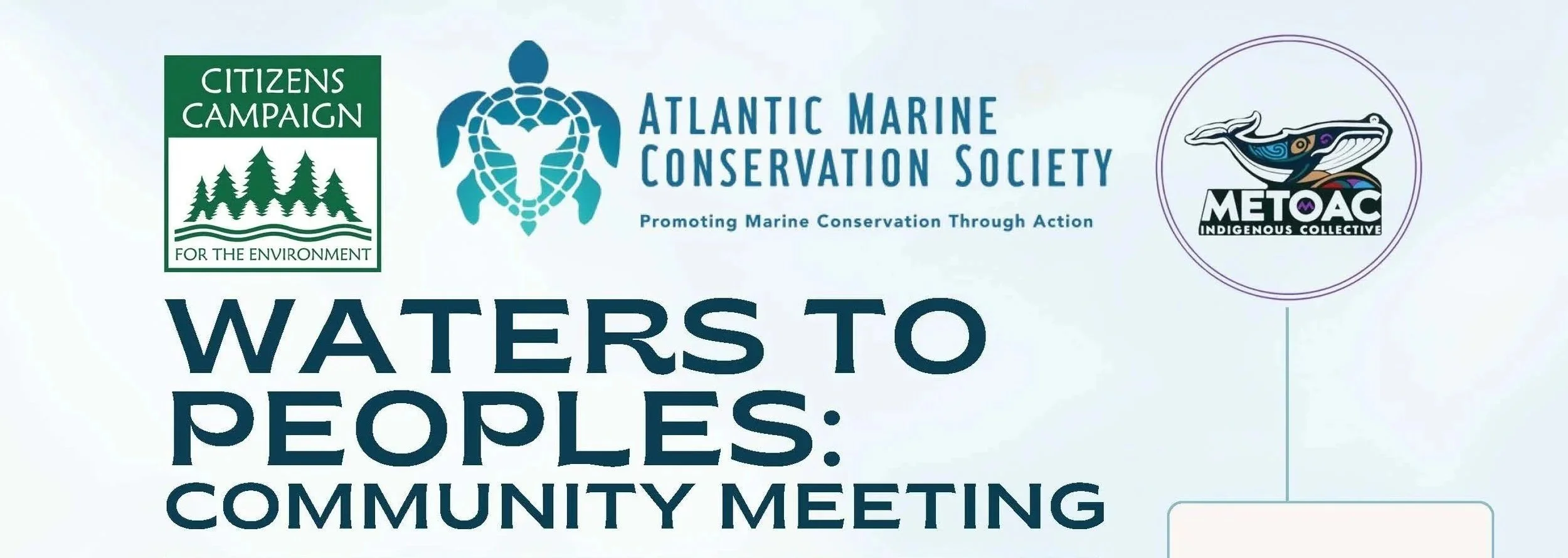New York State Must Ban PFAS “Forever Chemicals” in Everyday Products
In recent years, communities across NY, CT, and the nation have discovered their drinking water sources are contaminated with harmful PFAS chemicals. PFAS are referred to as “forever chemicals” because they are very persistent, meaning they build up in our bodies and don’t break down in the environment. New science indicates that there is no safe level of exposure to PFAS in our drinking water and we must do more to protect public health from this growing threat.
In the 2026 NYS legislative session, the New York State legislature introduced legislation that would ban the use of PFAS chemicals in a host of everyday products—textile articles, rugs, fabric treatments, cookware, ski waxes, architectural paints, dental floss, and cleaning products. This bill targets products in common use for which there are ample alternatives, and in most cases, restrictions already exist in other states or countries. Connecticut and other states have already passed similar laws. The use of PFAS in these products is unnecessary, contributes to harmful PFAS pollution, and threatens public health. The NYS Senate has passed the bill with strong bipartisan support; however, the NYS Assembly still needs to act. Email your NYS Assemblymember and Assembly Speaker Carl Heastie today and urge them to pass this important legislation!
Background
What is PFAS and where does it come from?
Per-and polyfluoroalkyl substances (PFAS) are a group of thousands of manufactured chemicals that have been used in industry and consumer products for many decades, due to their non-stick, grease-resistant and waterproof properties. PFAS is used in cookware, packaging, textiles, furniture, adhesives, paint, and numerous other products. According to the U.S. EPA, there are 3,500 industrial sites across New York State that may be handling or using PFAS chemicals.
PFAS Threatens our Health
Studies show that human exposure to PFAS is widespread—it’s estimated that 98% of people in the U.S. have PFAS compounds in their blood. Exposure to PFAS can lead to higher rates of kidney and testicular cancer, higher cholesterol levels, thyroid problems, adverse developmental effects and decreased immune response in children, and other adverse health impacts.
PFAS Pollutes our Environment and Drinking Water
Due to widespread use of PFAS chemicals in numerous products and industries, PFAS chemicals have become ubiquitous in the environment, including our soil, air, and drinking water. Testing has revealed some levels of PFAS in approximately 50% of public water systems across NYS, with about 250 water systems exceeding NY’s drinking water standards for two PFAS chemicals—PFOA and PFOS. EPA adopted stronger drinking water standards for several PFAS chemicals, which will cause an estimated 425 additional communities across NYS to exceed standards and have to treat drinking water for these harmful chemicals.
It’s Time to Turn Off the Tap to PFAS!
As we make important progress to remove PFAS from our drinking water, it does not make sense to continue using more PFAS and allow more contamination to occur! New York must get serious about limiting further PFAS contamination by banning unnecessary uses of PFAS in products. New York has already enacted laws to limit PFAS in firefighting foam, food packaging, carpets, and apparel; however, there are numerous other products that continue to use PFAS unnecessarily.
Thank you for taking action!
Sincerely,
All of us at CCE


